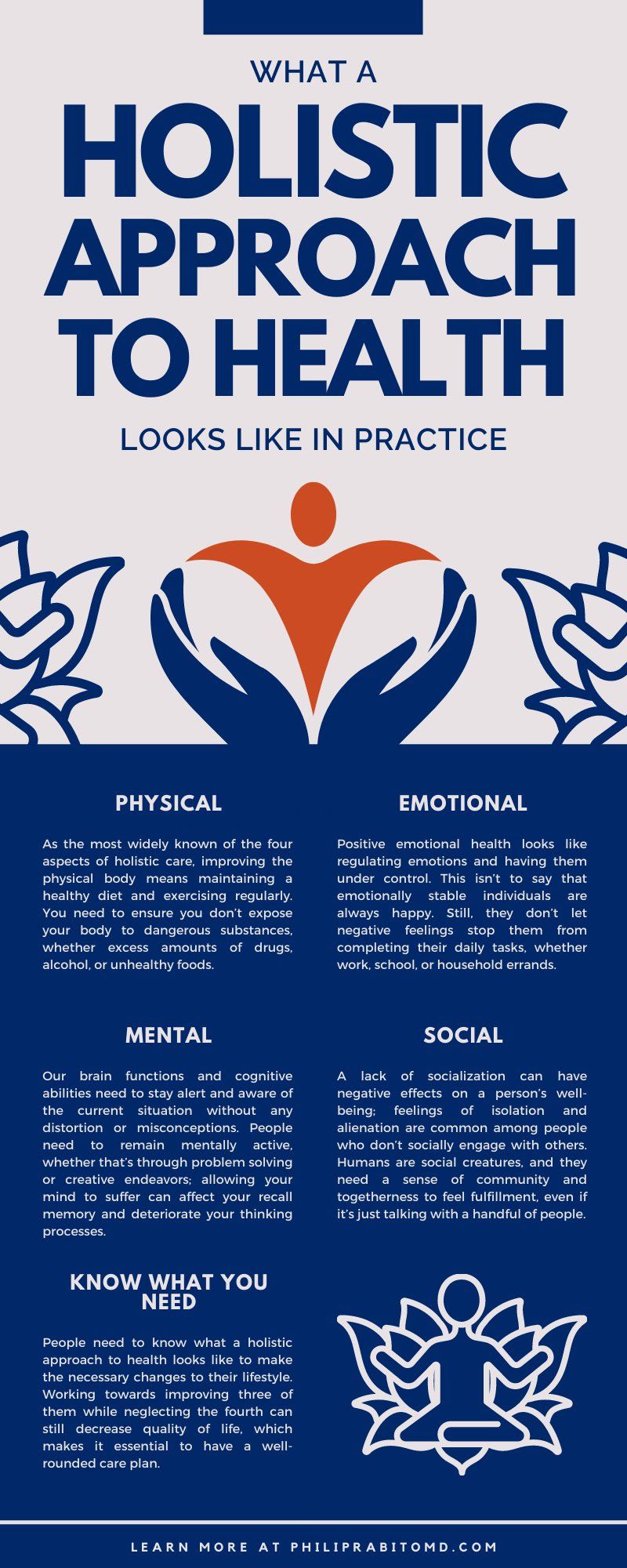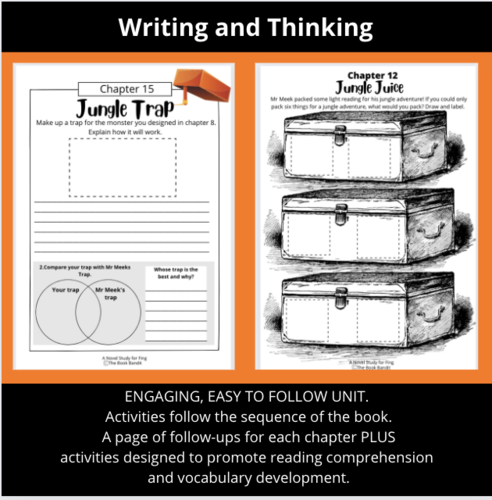Improving Resilience & Mental Health: A Holistic Approach

Table of Contents
Understanding Resilience and Mental Wellbeing
Resilience and mental wellbeing are intrinsically linked. Resilience is your ability to bounce back from adversity, stress, trauma, and other difficult experiences. Mental wellbeing, on the other hand, encompasses your emotional, psychological, and social well-being; it's a state of positive mental health. While reactive strategies help you cope during crises, proactive mental health strategies are crucial for building resilience and preventing future struggles. Focusing on building your resilience proactively is key to long-term mental wellness.
- Resilience: The ability to bounce back from adversity, adapting to challenges and stress.
- Mental wellbeing: A state of positive mental health encompassing emotional, psychological, and social well-being, characterized by feelings of happiness, fulfillment, and purpose.
- Proactive strategies: Prevention through consistent self-care, healthy lifestyle choices, and stress management techniques. These are the building blocks of strong mental resilience.
- Reactive strategies: Coping mechanisms and support systems used to manage crises and difficult situations. These are important tools, but a proactive approach is more effective.
The Pillars of Resilience: Lifestyle Choices
Lifestyle choices significantly impact your resilience and mental wellbeing. Nurturing your physical and mental health through conscious choices creates a strong foundation for overcoming life's challenges.
Nutrition's Role in Mental Strength
Your diet directly influences your mood and brain function. A balanced diet provides the essential nutrients your brain needs to function optimally, boosting your ability to cope with stress and challenges.
- Foods to include: Leafy greens (spinach, kale), berries (blueberries, strawberries), nuts (almonds, walnuts), fatty fish (salmon, tuna), and whole grains provide essential vitamins, minerals, and antioxidants.
- Foods to limit: Processed foods, excessive sugar, and excessive caffeine can negatively impact mood and energy levels, hindering your ability to build resilience. Prioritize whole, unprocessed foods for sustained energy and improved mental clarity.
The Power of Physical Activity
Regular exercise is a powerful tool for improving mental wellbeing. Physical activity releases endorphins, natural mood boosters that reduce stress and anxiety, and improve sleep.
- Aim for at least 150 minutes of moderate-intensity aerobic activity per week. This could include brisk walking, jogging, cycling, or swimming.
- Incorporate strength training exercises twice a week. Strength training improves overall physical health and can boost self-esteem and confidence.
- Find activities you enjoy. Consistency is key, so choose activities that you find fun and engaging to make exercise a sustainable part of your routine.
Prioritizing Sleep Hygiene
Sleep is essential for both mental and physical restoration. Adequate sleep allows your brain to consolidate memories, process emotions, and repair itself, improving your ability to handle stress and challenges.
- Aim for 7-9 hours of quality sleep per night. Establish a consistent sleep schedule to regulate your body's natural sleep-wake cycle.
- Create a relaxing bedtime routine. This could include taking a warm bath, reading a book, or listening to calming music. Avoid screen time at least an hour before bed.
- Avoid screen time before bed. The blue light emitted from electronic devices can interfere with melatonin production, making it harder to fall asleep.
Building Mental Resilience through Mindfulness and Coping Mechanisms
Mindfulness and effective coping strategies are crucial for building mental resilience. These techniques help you manage stress, regulate emotions, and develop a healthier relationship with your thoughts and feelings.
The Practice of Mindfulness
Mindfulness involves paying attention to the present moment without judgment. It helps you become more aware of your thoughts, feelings, and bodily sensations, allowing you to respond to challenges with greater clarity and calm.
- Daily meditation, even for 5-10 minutes, can significantly reduce stress and improve focus.
- Mindful breathing exercises throughout the day can help you stay grounded and centered, especially during stressful moments.
- Observing thoughts and feelings without judgment is a key aspect of mindfulness. Notice your thoughts and emotions without getting carried away by them.
Developing Effective Coping Strategies
Developing a range of coping strategies empowers you to handle stress and difficult emotions effectively. Identifying your go-to coping mechanisms and building a toolbox of healthy responses is crucial.
- Journaling to process emotions: Writing down your thoughts and feelings can help you gain perspective and reduce emotional intensity.
- Spending time in nature: Connecting with nature has been shown to reduce stress and improve mood.
- Engaging in hobbies and activities you enjoy: Doing things you love helps reduce stress and promotes feelings of joy and accomplishment.
- Seeking professional support from therapists or counselors: Don't hesitate to seek professional help if you're struggling to cope with stress or mental health challenges. This is a sign of strength, not weakness.
The Importance of Social Connection and Support Networks
Strong social connections are vital for maintaining mental wellbeing. A supportive network provides a sense of belonging, reduces feelings of isolation, and offers emotional support during challenging times.
- Nurturing existing relationships: Spend quality time with loved ones and strengthen your bonds.
- Joining social groups or clubs: Connect with people who share your interests.
- Seeking out support from loved ones: Don't be afraid to reach out to friends and family when you need support.
- Utilizing online support groups: Connect with others who understand your experiences.
Conclusion
Improving resilience and mental health is a journey, not a destination. By adopting a holistic approach that encompasses lifestyle choices, mindfulness practices, and strong social connections, you can significantly enhance your ability to cope with challenges and lead a more fulfilling life. Remember, prioritizing your mental wellbeing is an investment in your overall health and happiness. Start taking small steps today towards improving resilience and mental health, and you'll be well on your way to a stronger, more resilient you. Don't hesitate to seek professional help if needed; remember, seeking support is a sign of strength, not weakness. Start building your resilience today for a brighter tomorrow!

Featured Posts
-
 Ftc Vs Meta Defense Takes Center Stage In Monopoly Trial
May 20, 2025
Ftc Vs Meta Defense Takes Center Stage In Monopoly Trial
May 20, 2025 -
 The Bbc And Agatha Christie Exploring The Deepfake Rumors
May 20, 2025
The Bbc And Agatha Christie Exploring The Deepfake Rumors
May 20, 2025 -
 Abc News Shows Future In Jeopardy After Staff Cuts
May 20, 2025
Abc News Shows Future In Jeopardy After Staff Cuts
May 20, 2025 -
 Election Cameroun 2032 Analyse De La Position De Macron Sur Le Troisieme Mandat
May 20, 2025
Election Cameroun 2032 Analyse De La Position De Macron Sur Le Troisieme Mandat
May 20, 2025 -
 Man United News Matheus Cunha Transfer Update Causes Concern
May 20, 2025
Man United News Matheus Cunha Transfer Update Causes Concern
May 20, 2025
Latest Posts
-
 Sandylands U Tv Schedule Where To Watch
May 21, 2025
Sandylands U Tv Schedule Where To Watch
May 21, 2025 -
 Find Sandylands U On Tv A Comprehensive Guide
May 21, 2025
Find Sandylands U On Tv A Comprehensive Guide
May 21, 2025 -
 Sandylands U Tv Listings And Showtimes
May 21, 2025
Sandylands U Tv Listings And Showtimes
May 21, 2025 -
 Stan Approves David Walliams Fantasy Novel Adaptation Fing
May 21, 2025
Stan Approves David Walliams Fantasy Novel Adaptation Fing
May 21, 2025 -
 David Walliams Fing Stans New Fantasy Production
May 21, 2025
David Walliams Fing Stans New Fantasy Production
May 21, 2025
